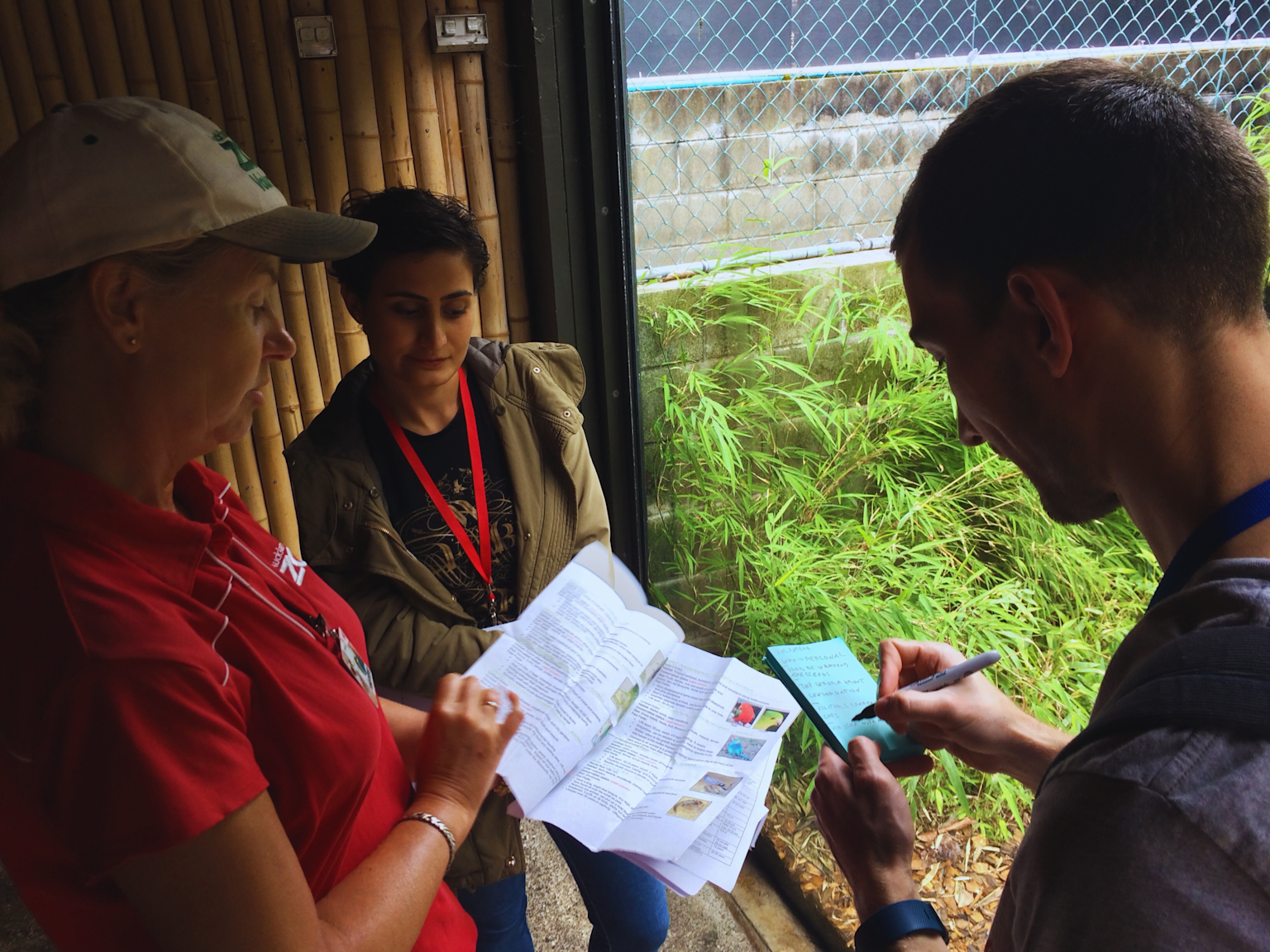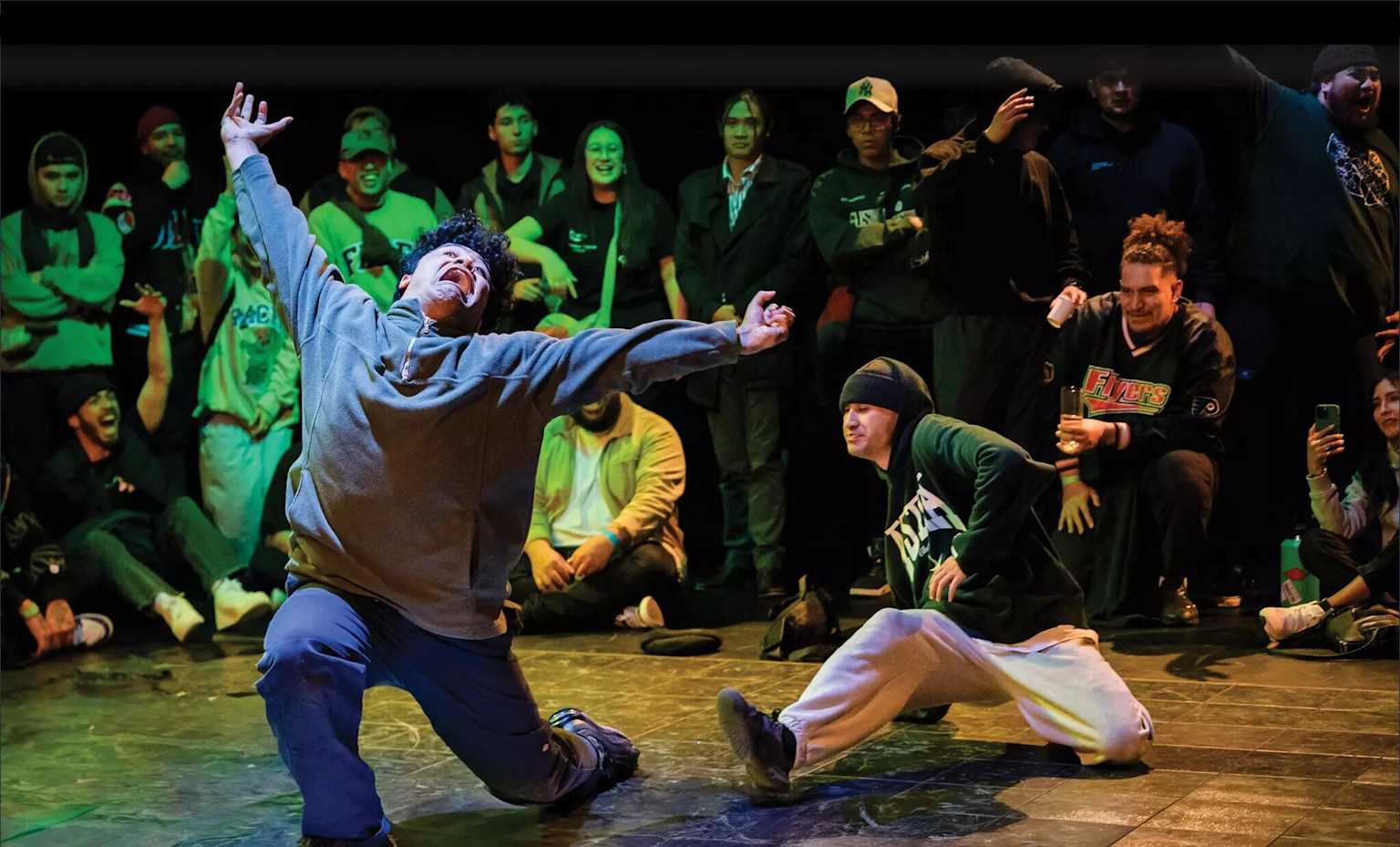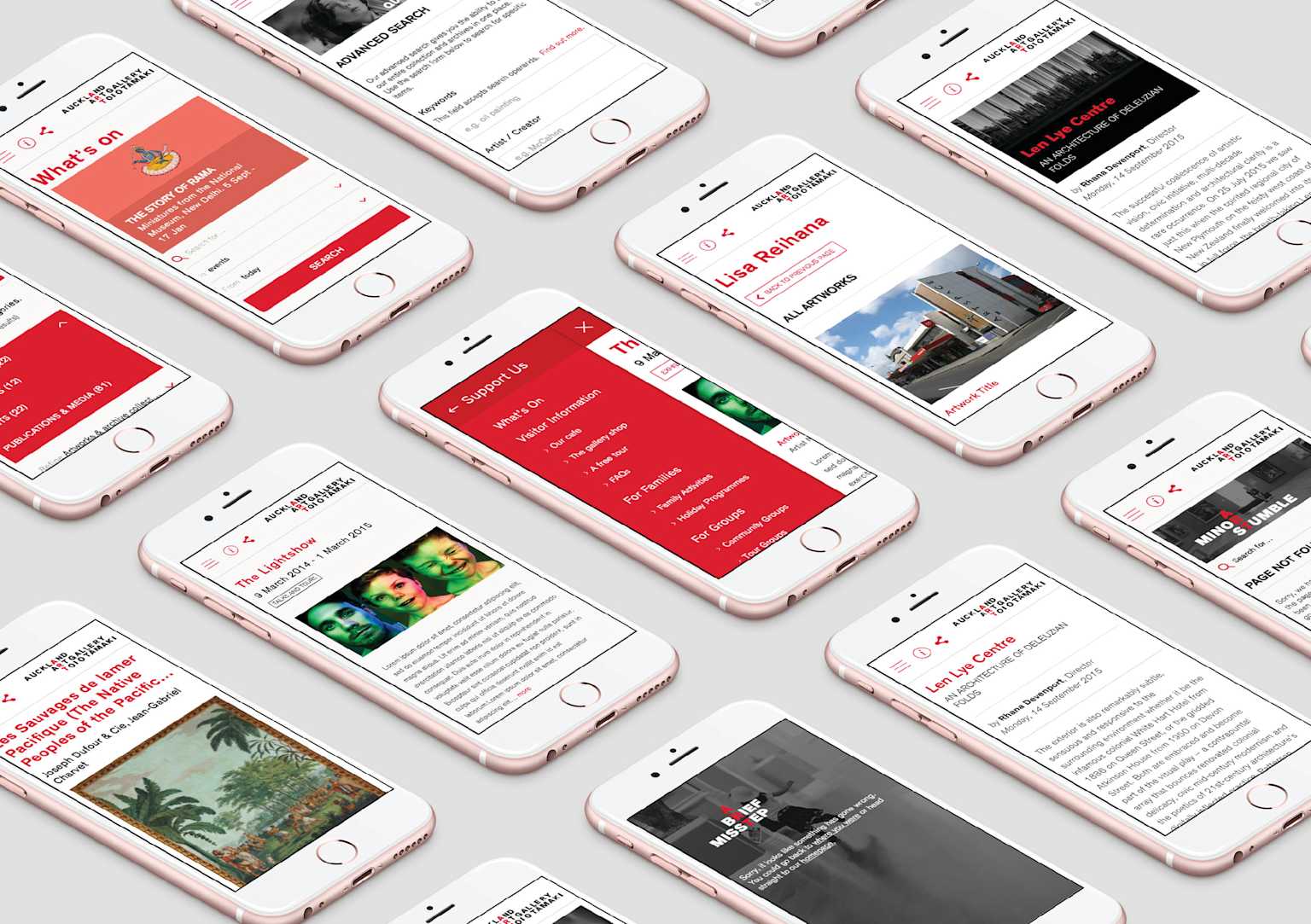From Fragmented to Unified: Auckland’s Venues Embrace Digital Transformation

Pixel Fusion partnered with then Regional Facilities Auckland (merged to form a new entity in 2020) to drive a remarkable digital transformation across six diverse business units, enhancing customer experiences and operational efficiency.
Digital capabilities consolidation
Lean user discovery for idea validation
Single-platform development and integration
Website redesign and redevelopment
Solid technical foundations for global scale
Continuous delivery and agile development
Regional Facilities Auckland (RFA) managed a portfolio of some of Auckland’s most beloved venues and the businesses they house.
By operating these venues and facilities, RFA had a unique opportunity to positively influence the lives of everyday Aucklanders, providing culturally rich and rewarding experiences.
When Pixel Fusion first began working with RFA in 2014, they needed to develop and progress in the digital space, and meantime were not experiencing the value that digital could bring to their organisation and customers.
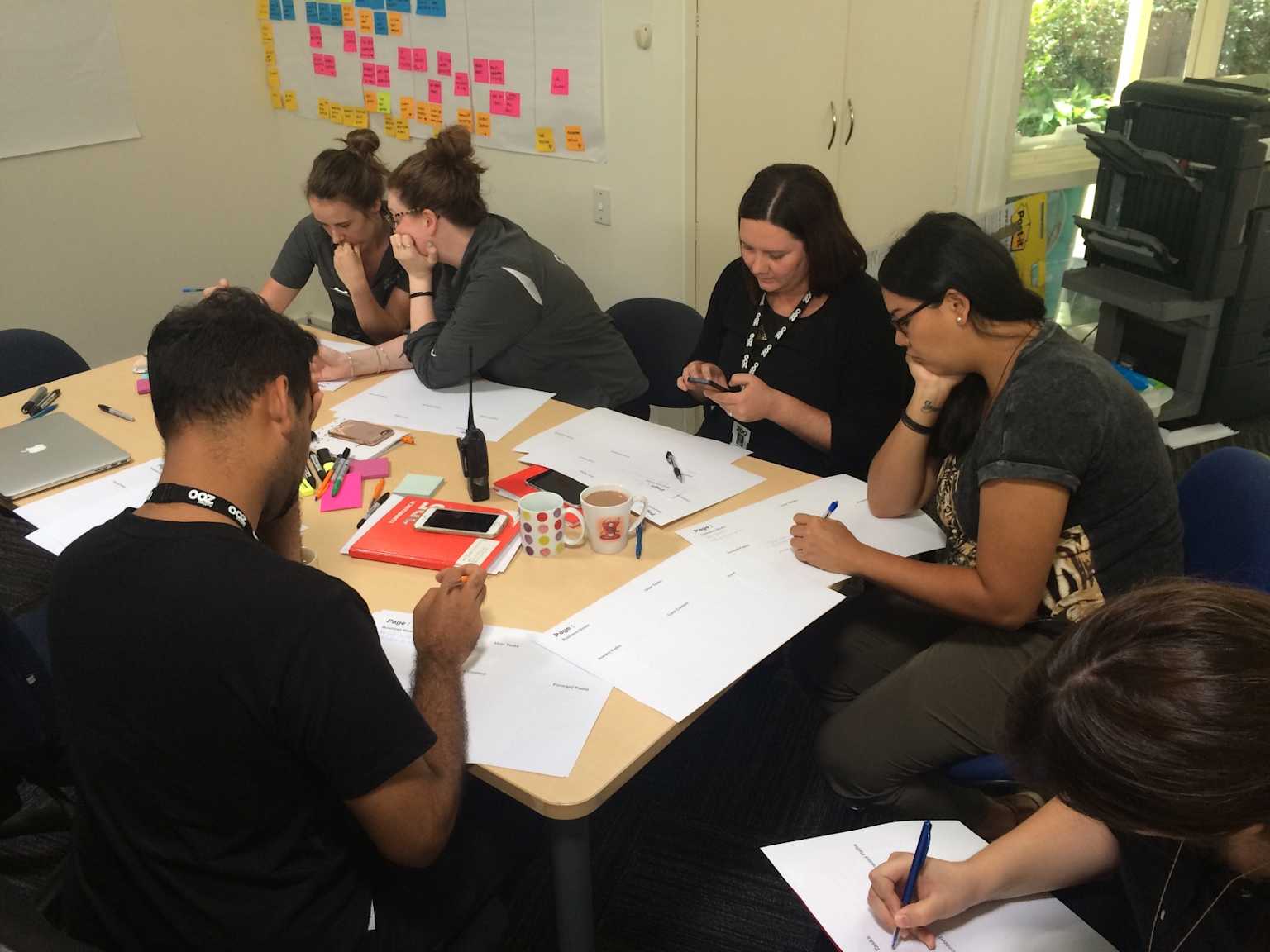
One of the biggest challenges RFA faced was the competing needs and priorities of its six business units.
The businesses that made up RFA were incredibly diverse, not only in the value and services they provided, but also in their business models and visions for the future. Each business unit was on a different digital platform, served by different suppliers, so they were not able to introduce consistency or efficiencies.
Pixel Fusion helped by creating a single platform to power all of RFA’s digital services, ensuring that any work done on the platform was reusable across all business units. This meant that if the Zoo needed a social media integration, other business units could also use this feature. Quickly, the business units started to unite on priorities. Empowering the RFA CX team and the business unit teams with roadmapping and prioritisation skills resulted in a unified product roadmap, providing crucial visibility and agreement across the organisation.
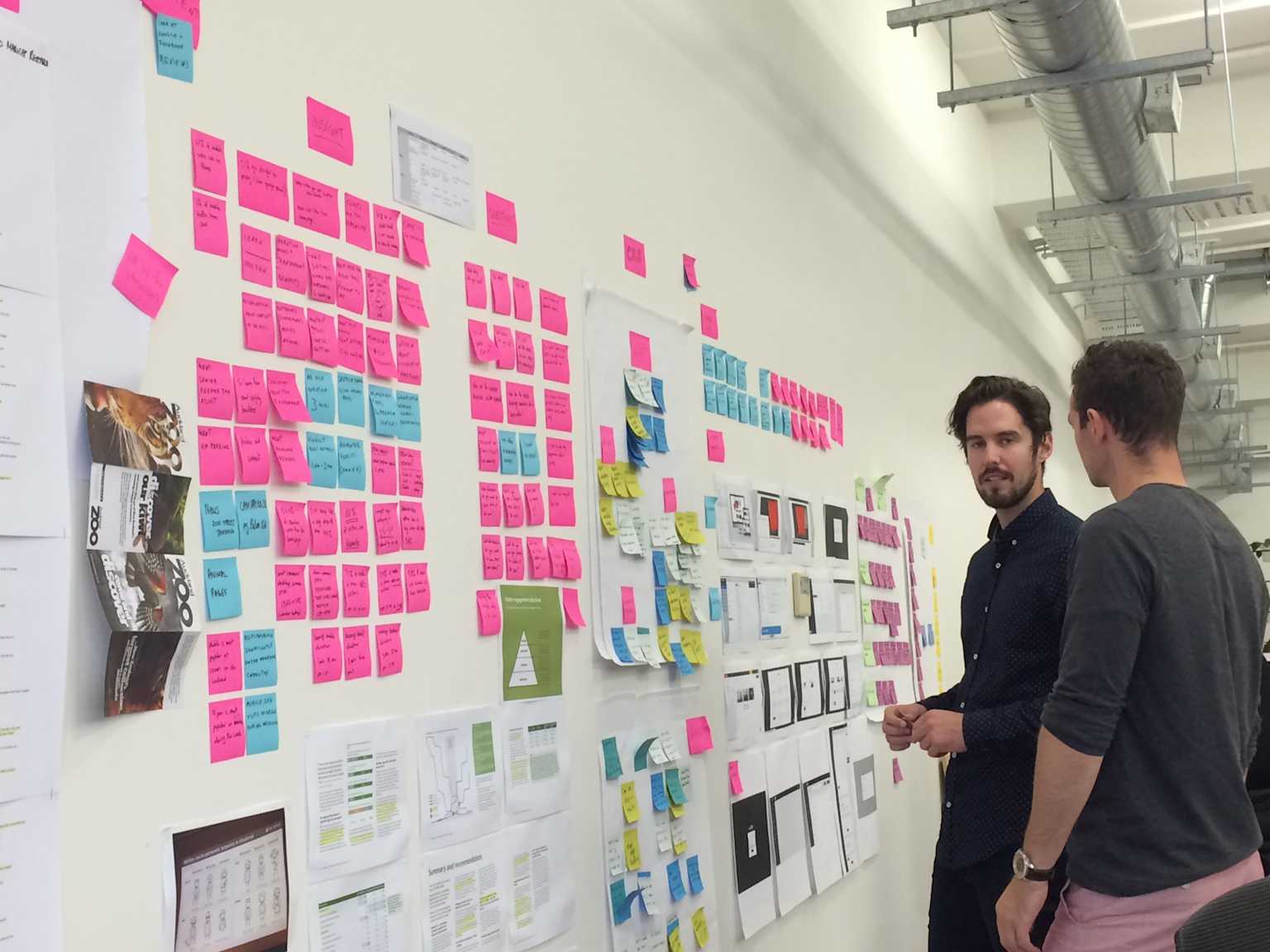
Like many similar organisations, RFA had no clear digital strategy before 2015.
This led to a proliferation of technologies and service providers across the organisation and its business units. By the time Pixel Fusion began working with RFA, each business unit used a different CMS, POS systems, CRMs, EDM tools, and numerous specialised technologies for ticketing, collection management, venue management, and more. This provided opportunities with streamlining and cost savings.
In 2015, Pixel Fusion made an important strategic recommendation: instead of moving all web properties to SharePoint, RFA should build an open-source, Common Capability Platform to serve all six business units.
This platform would be cheaper to maintain, easier to integrate with other systems, and allow for content sharing and reuse. The first RFA site to benefit from the new platform was the Auckland Art Gallery, delivering an immersive online experience to extend its unique atmosphere and vast collection. Across the 5 years that Pixel Fusion worked with RFA, all digital services and products were powered by this Common Capability Platform, enabling the organisation to move from multiple monolithic products to an integrated Digital Experience Stack.
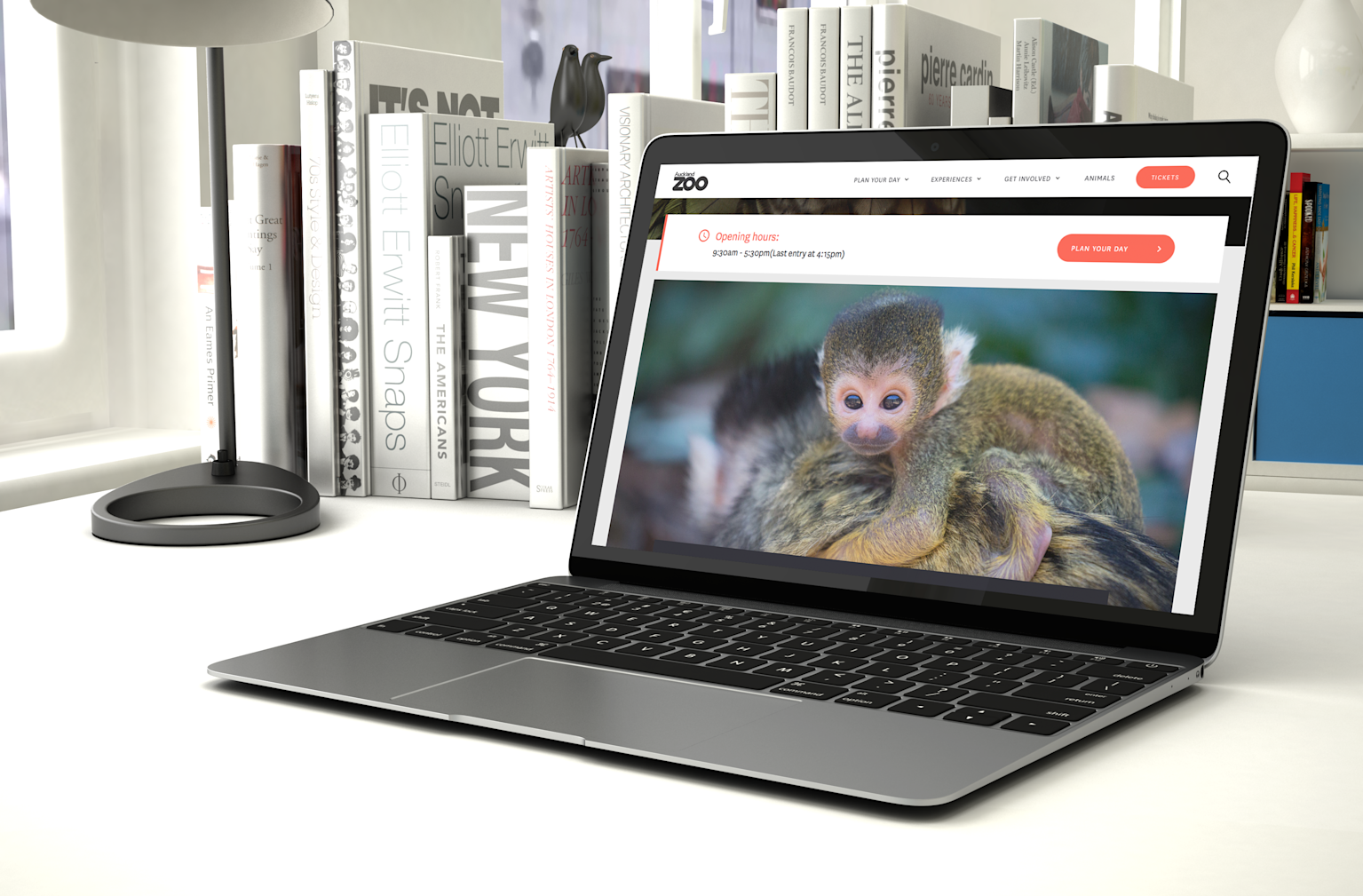
Initially, digital activities across RFA were managed from a marketing perspective, focusing on brand awareness and increasing visitor numbers.
Pixel Fusion worked with RFA to embed customer-centric practices, focusing on understanding the end-to-end customer journey with each business unit’s core services. Through extensive research, including interviews, observational research, and testing, RFA recognised the role digital could play in providing these services. Tools like Storymapping and Service Blueprints were used to identify journey improvements, which were added to the product roadmap and backlog. As a result, RFA transitioned to a “digital first” approach to many of its services.

Pixel Fusion introduced agile concepts gradually, and by 2016, RFA was ready to fully adopt agile.
A scrum team was set up, delivering continuous value and enabling RFA to roll out multiple new sites annually while continuously improving digital services. Every two weeks, each business unit saw new improvements and features in their digital products.
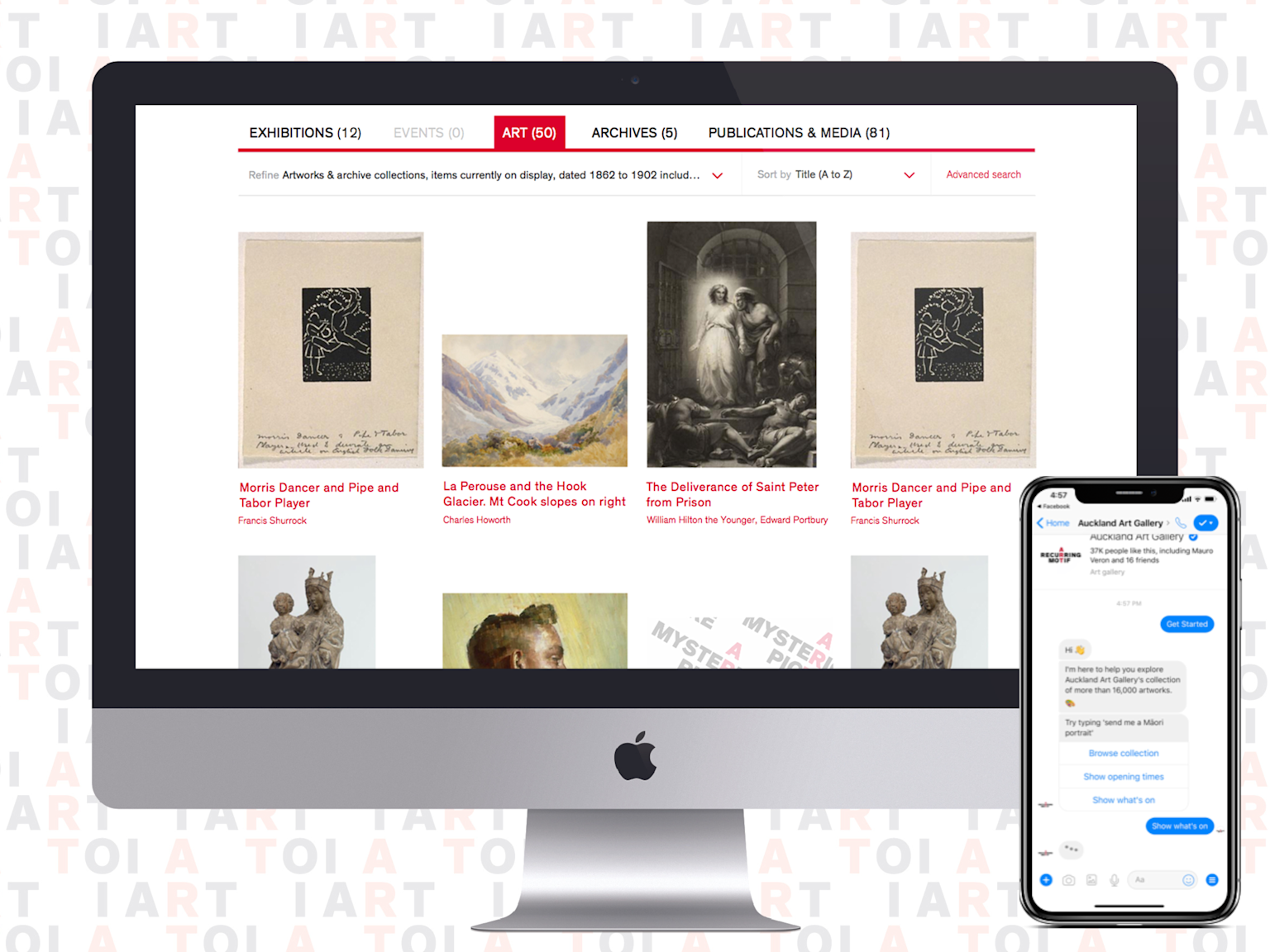
One of the most inspiring transformations at RFA was how team members from across the organisation engaged in digital.
Initially viewed as the domain of marketing teams, wider participation was limited. Pixel Fusion’s collaborative approach introduced new ideas, processes, and methodologies, increasing engagement and digital capability.
Over time, RFA’s team became more adept at managing their digital vision. Recognising their growing capability, Pixel Fusion supported RFA in transitioning to an in-house digital team. We guided this transition, ensuring a smooth handover and providing ongoing support as needed. This transformation from observers to capable participants has been the ultimate success, with RFA then fully owning and driving their digital vision.
Pixel Fusion is proud to have been a part of this 2016 journey, helping then RFA transform their digital landscape and create a unified, customer-centred digital experience.
